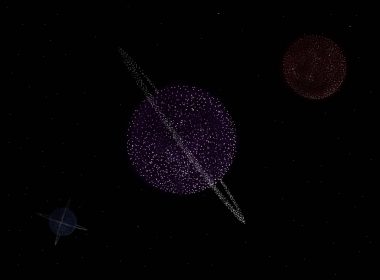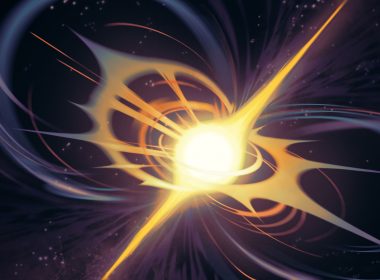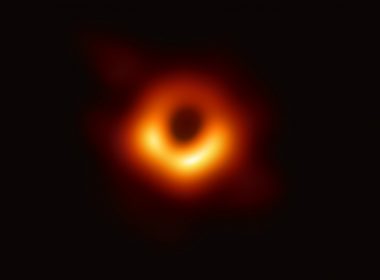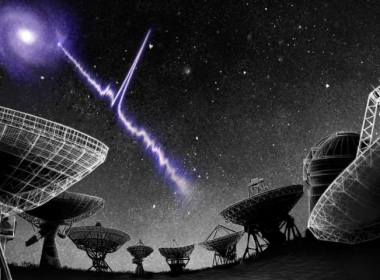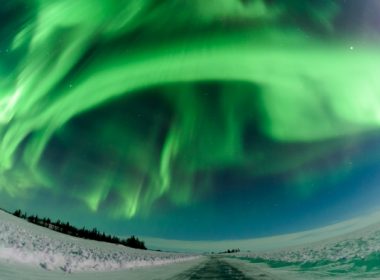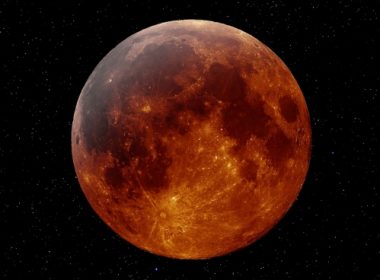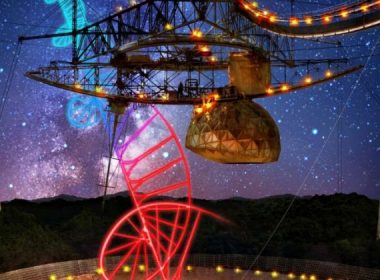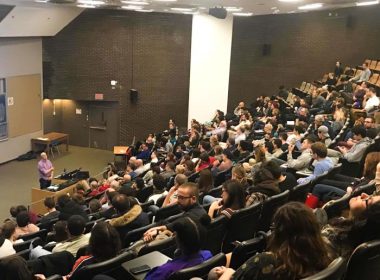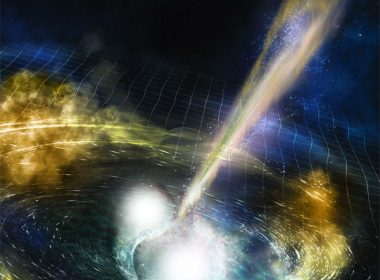On Nov. 17, the McGill Space Institute (MSI) hosted a special public lecture titled “Surveying the Universe,” given by Steven Kahn, the director of the Vera C. Rubin Observatory and a professor of physics at Stanford University. Khan discussed the goals of the Large Synoptic Survey Telescope (LSST) which is[Read More…]
Tag: astronomy
Going Supernova: The swan song of a dying star
For centuries, astronomers have studied space phenomena in an attempt to address the fundamental question of our existence and place in the Universe. One astronomical event that is often considered is known as a supernova. It is a powerful stellar explosion that, for a short time, is often brighter than[Read More…]
Searching the stars for supermassive black holes
Until 2019, no one had ever seen a black hole outside of artistic renditions and theoretical simulations dating back to the 18th century. On Apr. 10, 2019, after years of collaborative work, over 200 researchers from 60 institutions around the globe unveiled the first image of the supermassive blackhole Messier[Read More…]
Learning about our universe through bright bursts of light
On Jan. 6, McGill astronomers tracked down one of the brightest known repeating signals in the universe to a specific part of a galaxy just seven light years wide. The signal, called a Fast Radio Burst (FRB), was first detected in part by the Canadian Hydrogen Intensity Mapping Experiment (CHIME)[Read More…]
Planetariums: Where science meets entertainment
For space lovers, a trip to the fringes of the galaxy is only a few metro stops away from McGill’s downtown campus at the Rio Tinto Alcan Planetarium. One of the facilities operating under Montreal’s Espace pour la vie at the Parc Olympique, the planetarium currently offers six films exploring[Read More…]
Unveiling the mystery behind the “Super Blue Blood Moon”
Those who looked up to the sky in the early hours of Jan. 31 were lucky enough to experience a rare trinity of lunar phenomena—the convergence of a “supermoon,” a “blue moon,” and a “blood moon.” The appearance of the ominous sounding “Super Blue Blood Moon” sparked world-wide conversation on[Read More…]
Fast radio bursts tangle with unknown forces
Streaking across the sky with a luminosity far greater than the sun’s, fast radio bursts (FRBs) remain powerful yet mysterious phenomena. They were discovered in 2007 when curiosity inspired the astronomer Duncan Lorimer to search the farthest reaches of space, with the FRBs being powerful enough to surpass the typical[Read More…]
AstroMcGill talk sheds light on the Big Bang
The universe is comprised of billions of galaxies—encompassing all of space, all of time, and all of its contents. It all started with a Big Bang 13.8 billion years ago. On Nov. 16, particle physicist and cosmologist Oscar Hernández spoke about the Big Bang at AstroMcGill’s event Where, When &[Read More…]
Gravitational waves when neutron stars collide
A global effort, with contributions by McGill astrophysicists including Assistant Professor of Physics in the McGill Space Institute (MSI), Daryl Haggard, and postdoctoral researcher Melania Nynka, has detected gravitational waves coming from the collision of two neutron stars in orbit. Among the many implications of this discovery, the origin of[Read More…]
SciTech 101: Getting involved at McGill
With over 230 clubs at McGill, finding the perfect match may seem like a daunting task. Luckily for the burgeoning scientist or technology buff, there are plenty of opportunities at McGill to foster one’s enthusiasm for research, technology, medicine, and so much more. For the star-struck space cadet: Astro[Read More…]
